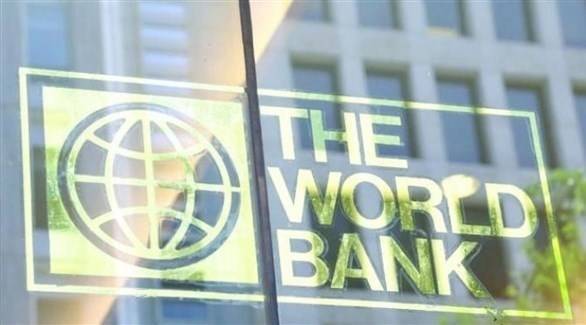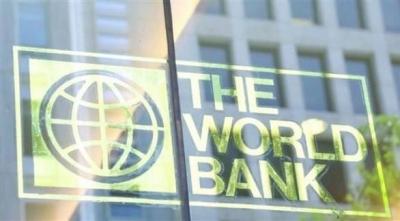The World Bank warned in a report on Friday that the public debt of countries in the Middle East and North Africa will swell to 54% of their total GDP this year, compared to 46% in 2019, due to COVID-19-related expenses. The World Bank stated, "Countries in the Middle East and North Africa have seen a significant increase in their debts due to the necessity of borrowing heavily to finance basic healthcare costs and social protection measures." It clarified that the debt of oil-importing countries in the region could reach up to 93% of their total GDP by 2021.
The region, which comprises around 20 countries, experienced an economic contraction of 3.8% last year. The World Bank estimates that the cumulative decline in activity in the region by the end of 2021 will amount to approximately $227 billion. However, it anticipates a partial recovery this year "provided there is an equitable distribution of vaccines."
Despite the inflation of debts, the World Bank still recommends that countries spend to address the health crisis, emphasizing that "continuing to spend and borrowing will remain urgent necessities at this time." It added, "Countries in the Middle East and North Africa will have no choice but to continue spending on healthcare and social protection as long as the pandemic persists."
Nonetheless, this international financial institution warned that "in a post-pandemic world," most countries in the Middle East and North Africa are expected to end up with debt service bills that will require resources that could have been used for economic development. The World Bank expects it to be necessary to consider how to "mitigate the costs of excessive indebtedness in the medium term," urging countries to maintain transparency in their spending and borrowing related to COVID-19.




